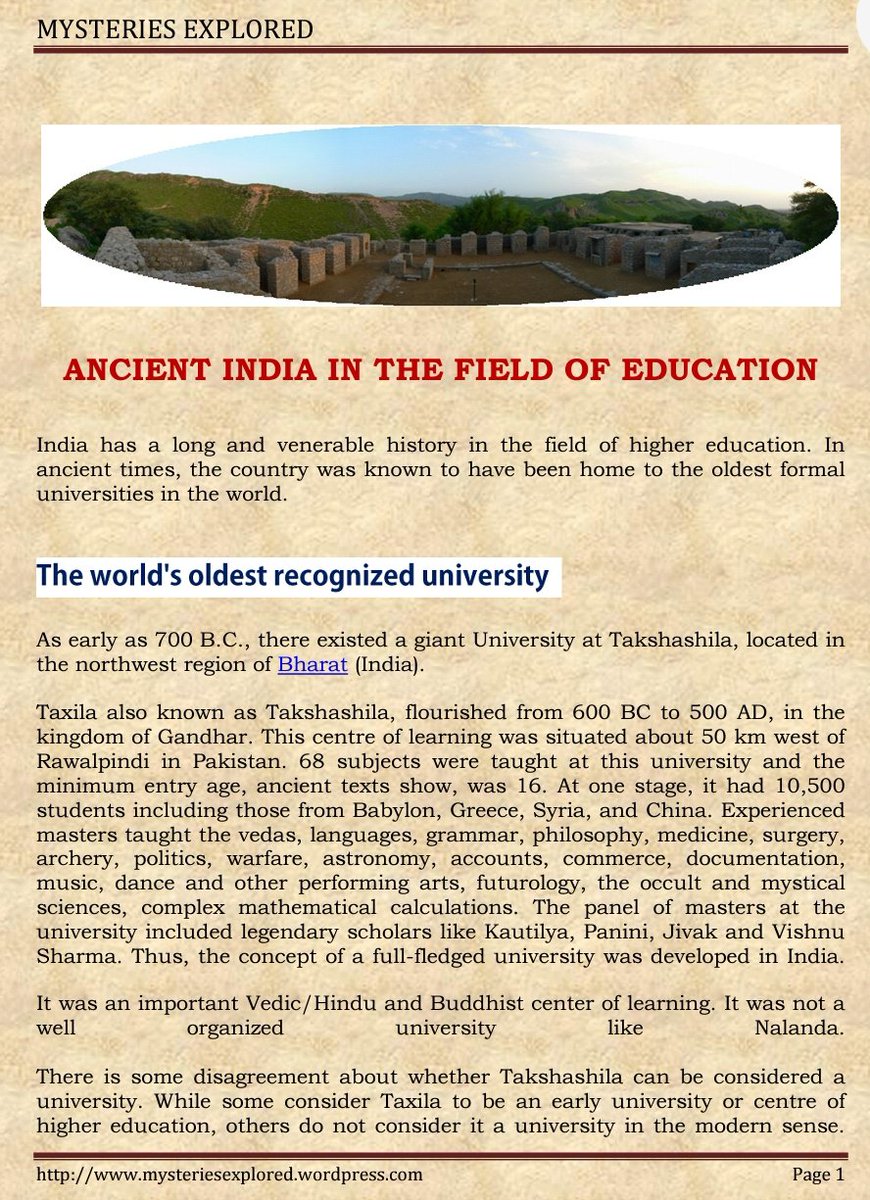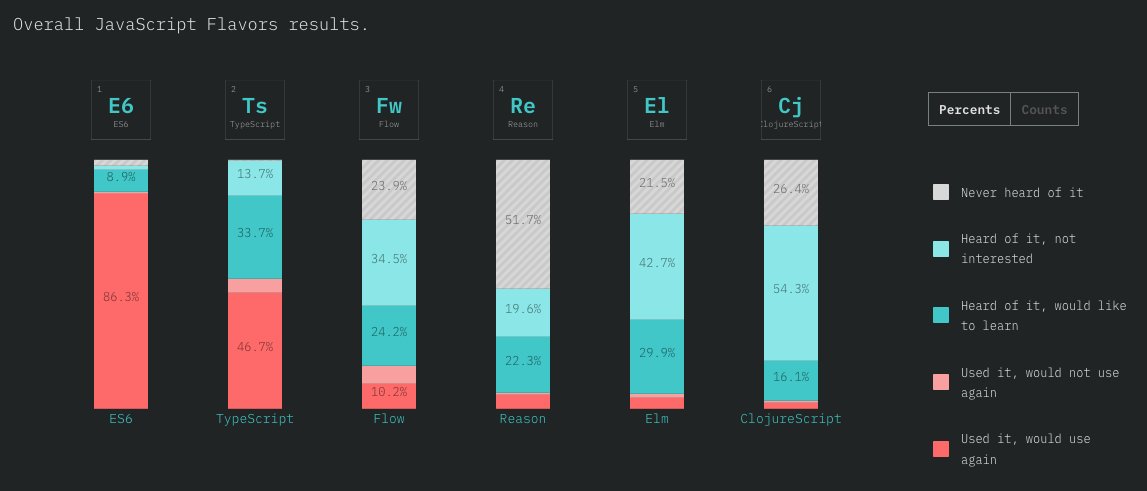Womit soll ich anfangen? #Lernsax ist unzuverlässig. Die ersten paar Tage kam ich nur unregelmäßig rein, es nervte einfach nur, immer und immer wieder stürzt das System ab oder ist überlastet. Die Lehrer kennen sich damit scheinbar noch weniger aus als wir Schüler.
Nach dem ersten Lockdown hätte man das im Computerkabinett der Schule gemeinsam üben können, denn jeder wusste, dass eine zweite Welle kommt und damit auch ein neuer Lockdown (auch wir Kinder wussten das!) Aber nein, stattdessen haben wir irgendwelchen Schnulli in PC gemacht.
Offenbar sind unsere Lehrer auch nicht geschult, sich mit den neuen Medien auseinanderzusetzen, teilweise sind sie sogar richtig technikfeindlich und weigern sich, online irgendwie präsent zu sein. Deshalb haben wir auch keine Zoom-Meetings oder ähnliches.
Begründung der Lehrer: das würde ja ihre Privatsphäre verletzen, wenn sie von zuhause aus Unterricht machen würden. Und sonst müssten sie ja jeden Tag in die Schule fahren. 🤬 Wir hatten während der gesamten Zeit nicht ein einziges Online-Meeting oder einen Chat. 😭
In der ersten Welle hatten wir die Schulwebseite, da wurden nach Stundenplan des entsprechenden Tages die Aufgaben veröffentlicht, die man erledigen sollte. Was Lehrer nicht beachten: wir brauchen für den Stoff viel länger, wenn wir ihn uns selbst erarbeiten müssen als wenn
ein Lehrer da ist, der ihn uns erklärt und der auch sehen kann, wenn wir dasitzen und etwas nicht gleich kapieren. Jetzt haben wir nicht mal mehr das, wir müssen in das blöde #Lernsax und schauen, ob dort jemand etwas für uns hinterlegt hat. Die Lehrer sind technisch überfordert.
Da wird für PC ein Link eingestellt, auf den wir klicken sollen um etwas zu programmieren, aber der Link funktioniert gar nicht. Dann meldet man das an den Lehrer und kriegt tagelang keine Antwort. Aber man soll das ja abliefern. Also hat man Druck, weil das nicht geht.
Manche Lehrer wissen nicht mal, dass man PDF bearbeiten kann, und so schicken sie uns immer fotografierte Seiten (Arbeitsblätter), die wir dann ausdrucken, mit der Hand ausfüllen und dann wieder einscannen oder abfotografieren und dann zurückschicken müssen.
Überhaupt ist es nicht in Ordnung, dass die Lehrer einfach voraussetzen, dass jeder von uns alles zuhause hat, was man für die Aufgaben braucht - einen PC oder Laptop, Drucker, Scanner, Toner, Papier, Internet, irgendwelches Zeug für "Bastelprojekte", bestimmte Programme.
Nicht jeder hat kostenpflichtige Programme wie EXCEL zuhause auf dem Computer! Das wird aber einfach vorausgesetzt - niemand hat uns oder unsere Eltern mal gefragt, ob jemand da technisch nicht ausgestattet ist. Ich weiß, dass es Open Office gibt, aber es gibt auch
Klassenkameraden, die haben manche Sachen einfach nicht wie z.B. ein Handy, um sich wenigstens untereinander per whatsApp zu helfen. Die Schule kommuniziert überhaupt nicht mehr mit uns. Wir werden total allein gelassen.
Gestern (!) haben meine Eltern die erste Elterinformation des Jahres bekommen, wir wurden nicht mal erwähnt, es ging nur um die Verschiebung der Ferien und um die Abschlussklassen. Die meisten Lehrer schreiben kein einziges persönliches Wort, schicken nur:
"LB. S. sowieso Nr. sowieso, Abgabe bis Freitag 14:00 Uhr" und das wars. Wenn man fragt, wann die Arbeiten ausgewertet werden heisst es "Das machen wir später!" Ja wann denn? Wenn die Schule wieder aufmacht werden wir wohl kaum die Aufgaben der letzten Monate auswerten, dann wird
einfach im neuen Stoff weitergemacht. Wenn wir keine Fragen stellen gehen die Lehrer davon aus, dass wir alles verstanden haben - die Lehrer selbst fragen NIE nach! Wenn man eine Frage hat, ist kein direkter Ansprechpartner da. Nur die Eltern, aber die wissen auch nicht alles!
Bei manchen Kindern können die Eltern aber nicht helfen, z.B. weil sie arbeiten sind oder die Fragen selbst nicht verstehen. Oder weil sie z.B. kein Russisch oder Englisch können. Ist ja prima, dass wir neue Vokabeln lernen aber uns niemand sagt, wie wir sie richtig aussprechen.
Wir wissen auch nie, ob die abgesendeten Aufgaben auch wirklich angekommen sind, deshalb haben wir Druck, weil: Aufgabe nicht gesendet kann eine 6 für nicht erledigte Aufgabe bedeuten. Das macht uns Angst! Auch stimmen Lehrer sich nicht untereinander ab.
Manchmal bekommen wir auf einen Schlag einen Berg Aufgaben von verschiedenen Lehrern und müssen alles am selben Tag abliefern. Manchmal schicken Lehrer ihre Aufgaben erst am Freitag Abend, obwohl wir Dienstag und Donnerstag Unterricht gehabt hätten.
Es ist auch kein "Distanzunterricht", wenn man als Lehrer einfach nur schreibt: Erarbeite dir den neuen Stoff" statt ihn irgendwie zu erklären.
Und die Lehrer scheinen auch nicht zu wissen, dass wir AUCH Sozialkontakte brauchen und uns mal sehen wollen, und wenn es nur über ein Zoom-Meeting wäre!
Es läuft alles genau so schlecht wie in der ersten Welle und ich bin echt sauer!
@MPKretschmer Sie sind dran.
Danke an alle, die sich respektvoll an der Diskussion beteiligen. Wer allerdings der Meinung ist, er müsste meine Tochter oder mich hier beschimpfen, beleidigen, verunglimpfen oder mit Fäkalsprache bedenken, der wird rigoros geblockt! (GM)
















